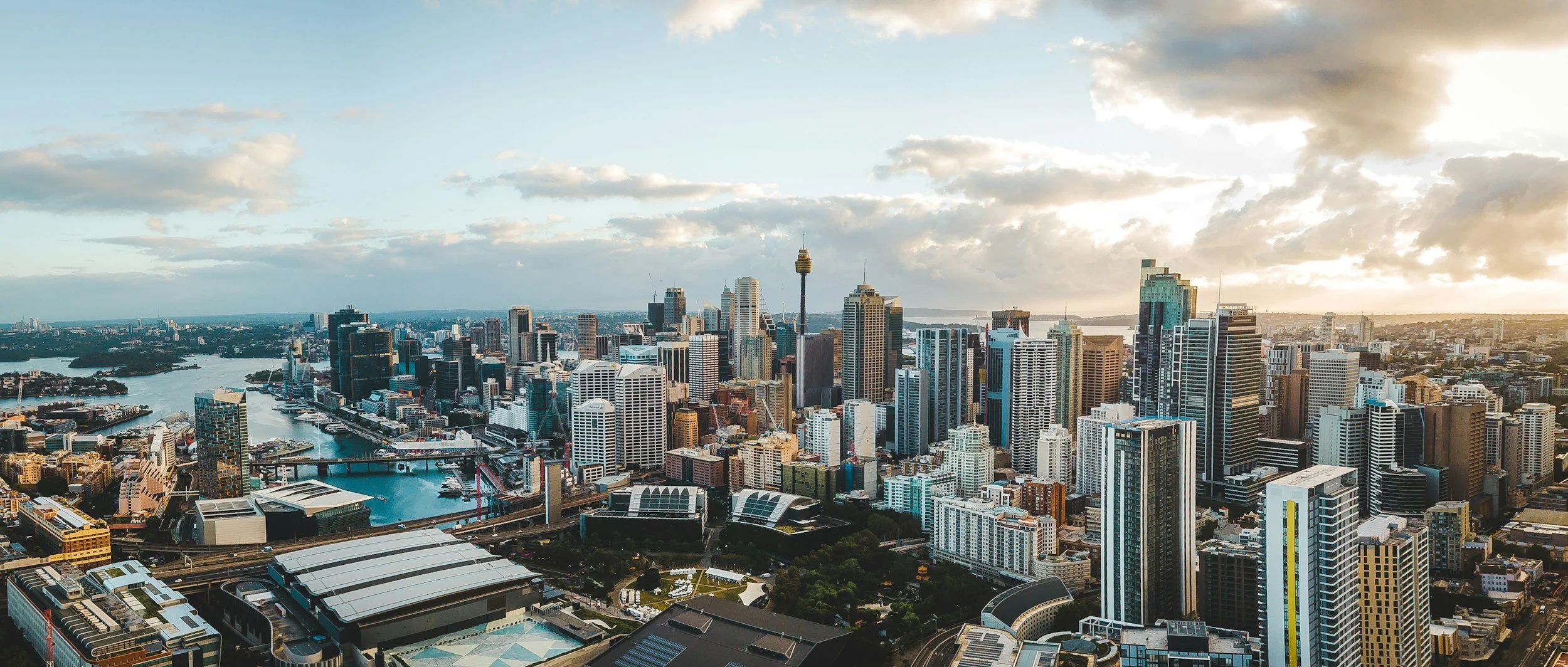What Is Underquoting, and Why Does It Happen in Sydney?
If you’ve spent any time looking for a property in Sydney, you’ve probably come across this situation: a home is advertised with a price guide of $1.5 million, you spend your weekend inspecting it, maybe even pay for a building report or review the contract. Then auction day comes, and it sells for $1.9 million.
Welcome to underquoting.
It’s frustrating, expensive, and more common than most people realise. A recent five-part investigation by the Sydney Morning Herald called "Bidding Blind" revealed just how widespread the issue is, and how little is being done to stop it.
In fact, over 50% of the tracked sales in the series sold for at least 10% above the guide price. In some suburbs, it was as high as 80%. Buyers are being left in the dark, wasting time, money, and emotional energy on homes that were never within budget in the first place.
What Is Underquoting?
Underquoting happens when an agent markets a property for (often substantially) less than the agent reasonably expects the property to sell for.
While it might seem like a mistake or misjudgment, in many cases it’s a deliberate strategy to generate more interest, draw bigger crowds to open homes, and create competition at auction. And when that competition heats up, the final sale price can exceed expectations, even if it leaves most buyers behind.
Is It Legal?
Technically, underquoting is illegal in New South Wales.
Agents are required to provide a reasonable estimate of a property's likely selling price, and that estimate must be included in the agency agreement. If they use a price range, the difference between the top and bottom of the range can’t exceed 10%.
They’re also required to update the guide if a new offer changes the seller’s expectations.
But here’s the catch: the seller's reserve price doesn't have to match the guide. So a property can be listed with a $1.5 million guide even though the reserve is $1.85 million, and that’s still allowed under current rules.
That gap between the advertised guide and the true reserve is where underquoting lives.
What Did the SMH Investigation Find?
The Bidding Blind investigation was one of the most in-depth looks at the practice in recent memory. Here are some of the key findings:
More than 10,000 homes across Sydney sold for $100,000 or more above the guide in an 18-month period.
Ray White offices accounted for the highest number of complaints to Fair Trading during that period, with 480 complaints.
One high-profile agent, Josh Tesolin, was suspended for four months for multiple breaches, including over 100 alleged instances of underquoting.
The investigation found that some agencies were deliberately using multiple listings for the same property, some with and some without price guides, to test interest levels and keep buyers guessing.
Others would remove auction results from public platforms or switch the property to a "private treaty" listing post-sale to hide the final result.
The problem isn’t just that underquoting is happening. It’s that there are very few consequences.
Fair Trading issued just 137 fines of $2,200 each across all NSW agencies in the last 18 months, often long after the campaign had finished. When the average commission for selling a home is in the tens of thousands of dollars, for some agents it’s merely a cost of doing business.
Why Does It Happen?
The reason underquoting persists is simple: it works.
Lower price guides attract more buyers, more inspections, and more attention. The more people who walk through a property, the more likely someone will fall in love with it and stretch beyond their budget. For the seller and agent, it means a stronger sale price.
For buyers, it means disappointment, stress, and in some cases, financial loss.
And with loopholes in the law, low penalties, and limited enforcement, there’s little stopping agents from continuing to do it.
Why It Matters
At its core, underquoting is a problem because it erodes trust.
Buying a home is one of the biggest financial decisions you’ll ever make. You deserve transparency. You deserve to know what you're dealing with. And you deserve a market that isn’t tilted against you from the start.
But as it stands, Sydney’s market makes buyers feel like they’re always one step behind, trying to play a game where the rules keep changing.
How to Protect Yourself
While we can’t stop underquoting overnight, there are things buyers can do:
Do your own research: Look at recent comparable sales in the area.
Ask direct questions: What has the vendor knocked back? Have any offers been made?
Don’t rely on the guide: It might be helpful, but it’s not always accurate.
Work with a buyer’s agent: A good Sydney-based buyer’s agent knows the local market, can spot patterns, and help you avoid wasting time and money.
Final Thoughts
Underquoting isn’t just a legal issue, it’s a trust issue. And buyers deserve better.
If you're trying to navigate Sydney's property market and want honest advice and clear guidance, we can help. At The Acquiry, we work exclusively with buyers, giving you the insights, strategies, and support you need to make a smart purchase.
Ready to buy with confidence, not confusion? Reach out for an obligation-free chat.




